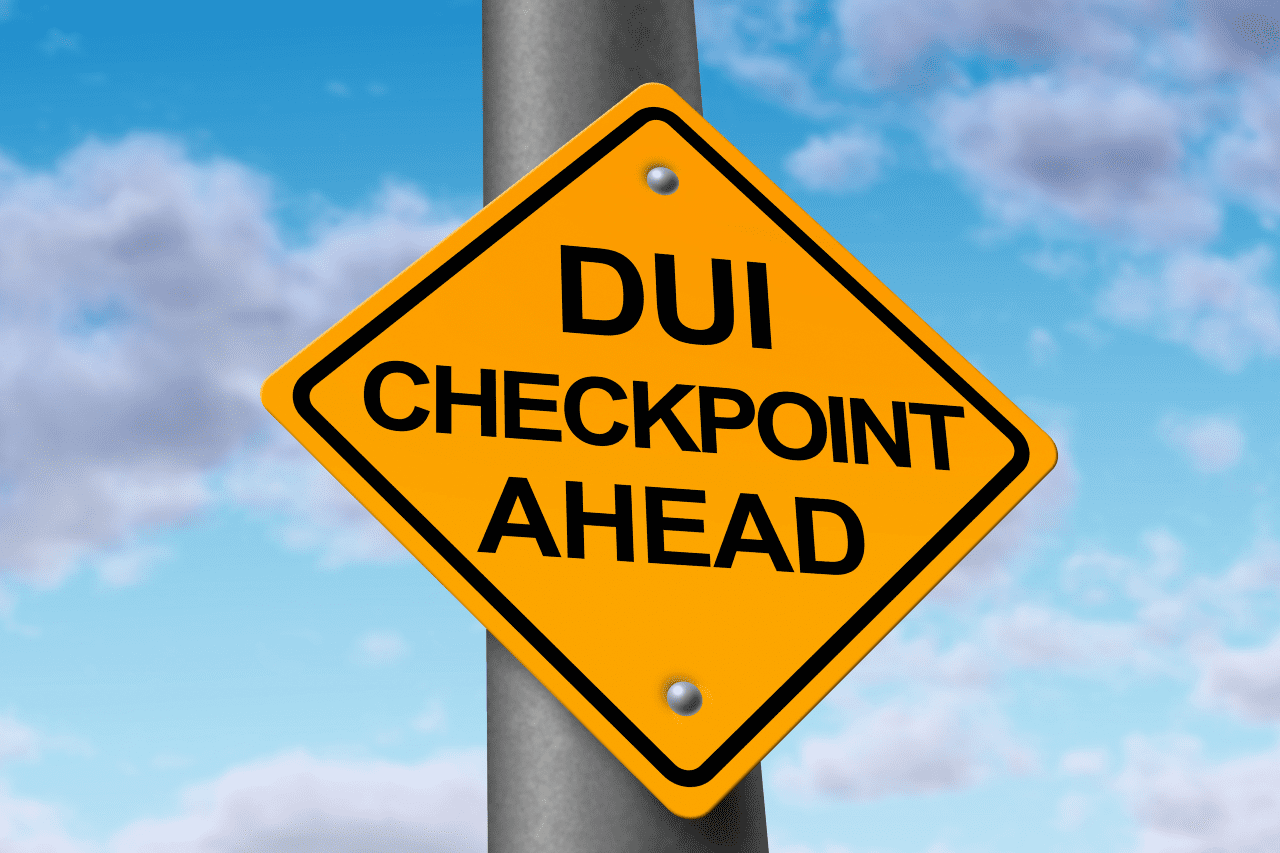DUI Checkpoints During the Holidays in Maryland

It’s no surprise that there are more driving under the influence (DUI) checkpoints throughout the holiday season. With more parties happening between friends, family, and coworkers, Maryland police officers are trying to keep the streets safe from intoxicated drivers. It’s essential to understand what to do at DUI checkpoints and know your rights.
If you’re facing DUI charges, don’t wait to seek legal representation. The State of Maryland takes this charge seriously. Contact a DUI attorney as soon as you can. The sooner you do, the more help they can be.
Why Are There More DUI Checkpoints During the Holidays?
The holidays are a time for people to come together and celebrate. But a common night for partying doesn’t go unnoticed, especially by police officers. Unfortunately, they have a good reason to employ checkpoints. The U.S. National Institute on Alcohol Abuse and Alcoholism reports that drunk drivers play a role in 40% of traffic deaths between Christmas and New Year’s.
There are plenty of work parties, friends coming home from college, and family gatherings throughout this time of year, causing increased alcohol consumption.
Law Enforcement Must Announce Checkpoints
DUI checkpoints in Maryland are legal, but law enforcement must publicly announce a checkpoint location ahead of time. In addition to announcing the checkpoints, law enforcement must ensure that checkpoints are:
- Systematic
- Non-arbitrary
- Non-discriminatory
The systemic stipulation requires officials to have a predetermined outline, pattern, and sequence of activities to occur during the check. Officers are not permitted to target a car. Instead, they must plan out a random process of checking drivers, such as every third car’s driver being checked for DUI.
There are also several other measures for a checkpoint to be legal:
- There are signs giving drivers warning of a sobriety checkpoint ahead.
- Drivers must have the opportunity to turn their car around or have an alternate path to avoid the checkpoint.
- Officers cannot stop a vehicle because the driver turned around unless they perform an illegal act.
If just one of these steps is not followed, the checkpoint becomes illegal.
What to Do When Approaching a DUI Checkpoint
When you approach a DUI checkpoint, you must remain calm. Keep up with the pace of traffic to not draw suspicion. You’ll also want to pay attention to the sequence and frequency of officers stopping cars. If an officer asks you to pull over, make sure you’re compliant with all their instructions. They may look for equipment violations or ask if you’ve been drinking alcohol.
What Are the Penalties for a DUI?
Penalties for DUI in Maryland may be severe, even for first-time offenders. A driver is under the influence when their blood alcohol concentration (BAC) is above .08%. A first-time conviction may lead to:
- Up to one year in jail
- A fine of up to $1,000
- License suspension of 60–270 days
Second-time convictions are more severe and may lead to:
- Up to two years in jail
- A fine of up to $2,000
- License suspension of 180 days to 1 year
However, if a driver is on their second DUI conviction within five years, they face a mandatory jail sentence of five days. Drivers with two or more convictions within five years must also complete a mandatory alcohol abuse assessment and participate in an alcohol abuse program.
Reach Out to a Skilled Maryland DUI Defense Attorney
If you were arrested for DUI, even if the checkpoint was executed legally, you will still want to contact a DUI attorney. Attorney Hillel Traub is a passionate advocate defending all types of traffic violations for his clients. As former Assistant Attorney General for the Maryland Motor Vehicle Administration, Attorney Taub has a unique understanding of the traffic violations court system.
He has proudly served Maryland residents for over 20 years and will take every possible step to fight for you in court. By hiring Attorney Traub, it may be possible to reduce or eliminate the charges you face. Call (410) 589-2794 or complete a contact form to schedule a free consultation today.